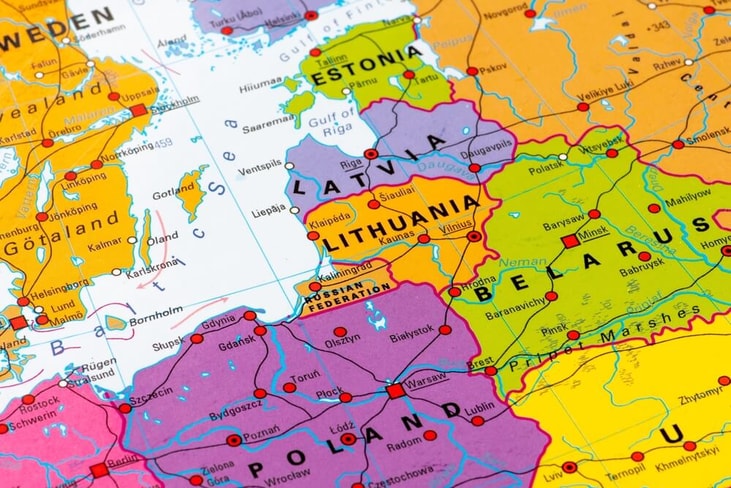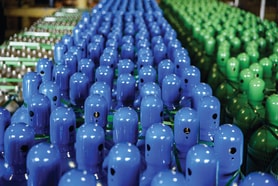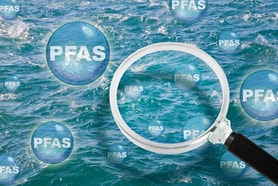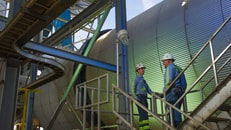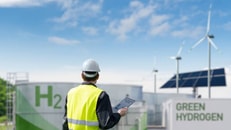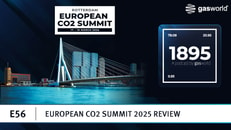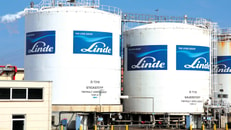Klaipeda Port to launch first green hydrogen station in the Baltic States
The Port of Klaipeda in Lithuania is set to become a frontrunner in the Baltic States’ transition to sustainable energy as Klaipeda State Seaport Authority signs a €10.5m ($11.3m) deal with MT Group to build the region’s first green hydrogen production and refuelling station.
Under the terms of the contract, EPC contractor MT Group will oversee the design, supply, installation and commissioning of the technological equipment necessary for the hydrogen station. According to the firm, construction is slated to commence in 2025.
“The Port of Klaipeda, as a strategic transportation hub, has great potential to become a flagship of green technologies in the Baltic region,” said Mindaugas Zakaras, CEO of MT Group. He praised the port’s commitment to sustainable energy, highlighting the project’s potential to serve as a model for future hydrogen initiatives across the region.
... to continue reading you must be subscribed

